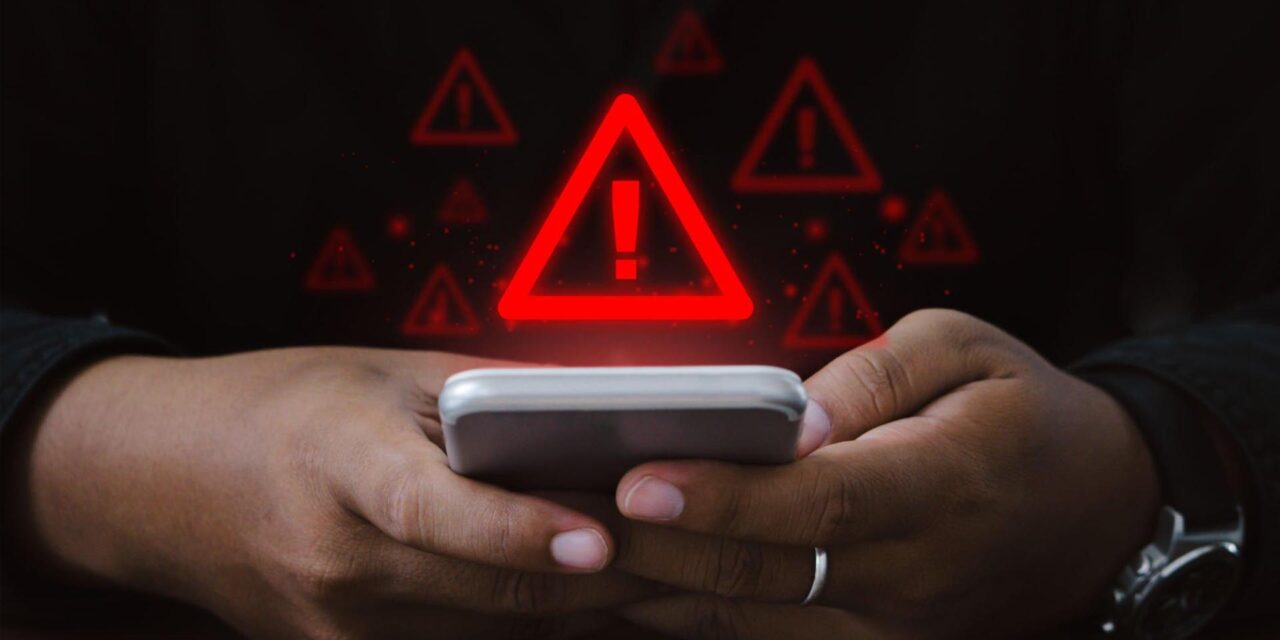Here are three compelling reasons for a change of heart and mind—if not to protect yourself, then your loved ones.
When we get a new phone, we automatic want to buy a protective case to protect its chassis.
However, are many of us are equally anxious about protecting the data we store in the phone?
Experts at Kaspersky offer three compelling reasons why mobile devices also require software protection.
-
Your money is at risk
Our region Southeast Asia was named the fastest growing mobile wallet market after the pandemic triggered a boom in the local adoption of online banking and e-wallet usage. Smartphones are the most used device for online financial transactions in SEA.
In 2022, Kaspersky blocked a total of 1,083 mobile banking trojans and 207,506 mobile malware incidents. Compared to threats like phishing and ransomware, mobile banking trojan detections are still relatively low in volume, mostly because the basic hygiene of putting security solutions on mobile devices is still a works-in-progress here.
However, right now, our money, bank accounts, mobile e-wallets, and even our investments are stored in our smartphones. If these are not worth protecting with some affordable cybersecurity services and apps, then we have only ourselves to answer for any cyber mishaps.
-
Your work/business is at risk
Mobile devices are a known business risk. Beyond mobile banking, mobile phones have been known to be used for accessing company emails and assets.
With Bring Your Own Device policies and remote-working arrangements a common option nowadays, many workers may be using their personal smartphones to connect and access corporate networks.
With this trend the attack surface of businesses has increased drastically within a short period of time. Advanced Persistent Threats can enter networks through just a single employee’s infected mobile device. In 2022 Kaspersky detected 10,543 mobile ransomware trojan installers in its global user base alone.
-
Your digital persona is at risk
Cyber risks such as identity fraud, social engineering and account takeovers are real. However, many smartphone users remain unconcerned about securing their identity against thefts and online fraud.
Some data show that those aged 18–34 are the most vulnerable, as they tend to have more digital personas and associated social media activities online. However, in an era where the pandemic forced people of all ages to become conversant with smartphone usage, the associated cyber risks do not excuse the very young or the elderly. In Kaspersky’s metrics, 82.71% of social media incidents came from WhatsApp, 14.12% from Telegram, and another 3.17% from Viber.
According to Kaspersky experts, our mobile devices are treasure troves of social media and messaging apps containing conversations, photos, and private information that we want to keep away from the wrong hands.
If we want to enjoy the powers of our mobile phones and to secure our digital reputation and identity, we need to take conscious steps to protect the device’s data—including not just installing cybersecurity watchdog apps on the phone, but also practicing strong cyber hygiene, constant vigilance against phishing and scams; and also continual awareness of the latest attack trends and tactics that affect not just ourselves, but people we contact constantly—they need your help and cyber hygiene reminders too.





















